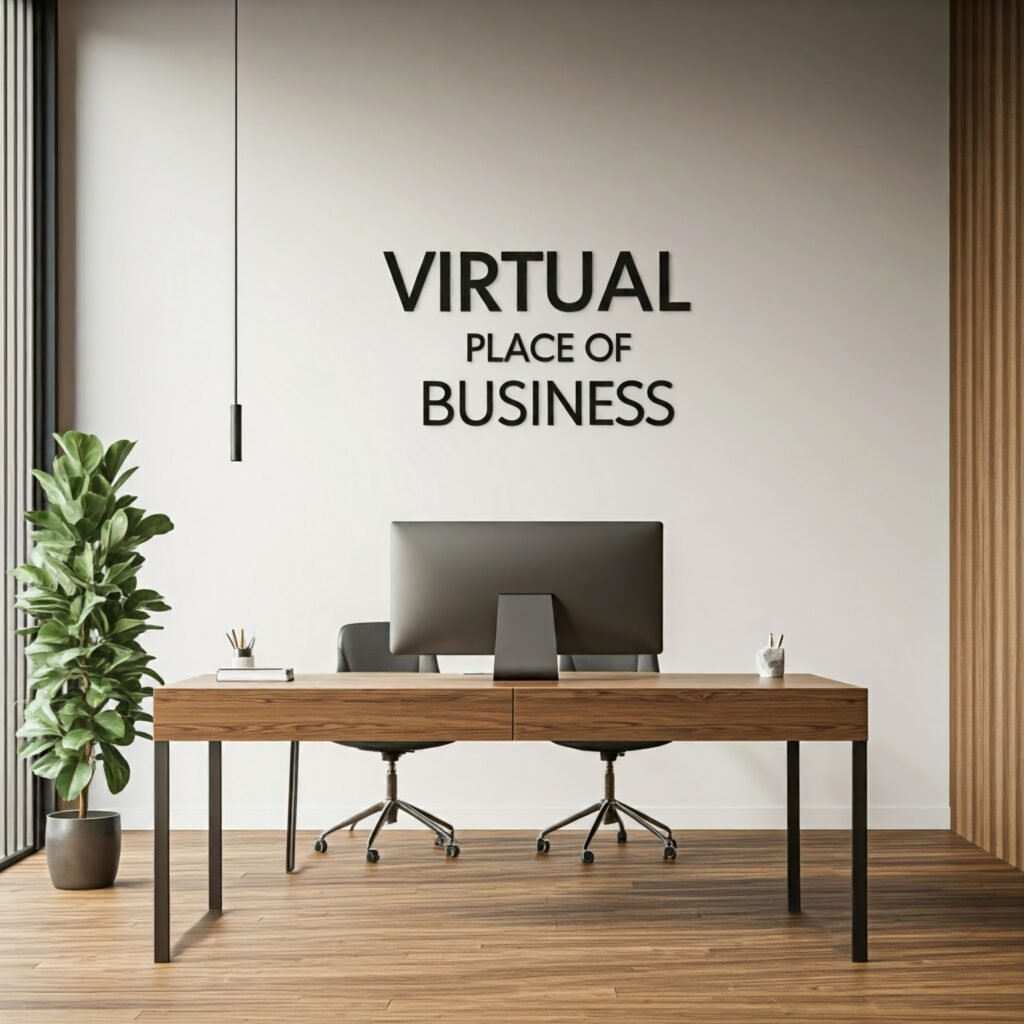Introduction to Virtual Place of Business
As the world of work evolves, more professionals are opting for Virtual Place of Business (VPBs). These platforms allow for flexibility and connectivity in remote work environments. Customizing your VPB experience can enhance productivity and improve communication. This article will explore various aspects of tailoring your virtual workspace to suit your needs.
Assessing Your Unique Needs
Before customizing your VPB, it is crucial to assess your specific requirements. Understanding your work style, industry, and team dynamics can guide your customization choices. This self-assessment helps in identifying the features and tools that will enhance your virtual work experience.
Identifying Work Style Preferences
Different work styles impact how you interact with your virtual environment. For instance, if you thrive on collaboration, prioritize tools that facilitate teamwork. Conversely, if you prefer focused tasks, seek features that minimize distractions. Recognizing your preferences helps create a suitable virtual workspace.
Considering Team Dynamics
If you work within a team, understanding the group’s needs is vital. Consider how your team communicates and collaborates. Customizing your virtual office to accommodate these dynamics fosters a more productive work environment. Discuss preferences with your team to create a cohesive virtual experience.
Selecting the Right Tools
Once you understand your needs, the next step is selecting the right tools for your VPB. A variety of digital solutions are available to enhance your virtual workspace. Choosing the right tools can streamline your work processes and improve efficiency.
Communication Platforms
Effective communication is vital in a virtual environment. Consider tools like Slack, Microsoft Teams, or Zoom for seamless communication. These platforms offer instant messaging, video conferencing, and collaboration features. Select a platform that aligns with your team’s communication style.
Project Management Software
Managing tasks and deadlines is essential for productivity. Explore project management tools such as Asana, Trello, or Monday.com. These applications help organize projects, assign tasks, and track progress. Choose a tool that fits your workflow and helps manage your workload effectively.
Designing Your Virtual Workspace
Creating a well-organized virtual workspace can significantly impact your productivity. Designing your digital environment to suit your preferences promotes a more comfortable work experience. This involves both visual and functional elements.
Visual Layout and Aesthetics
The visual aspects of your virtual workspace play a crucial role in your mood and focus. Choose colors, backgrounds, and layouts that resonate with you. Personalizing your digital space can make it feel more inviting and conducive to work. Consider using themes or wallpapers that inspire creativity and motivation.
Functional Organization
Organizing your digital workspace enhances efficiency. Create folders for different projects, and use labels to categorize files. This structure makes it easy to locate documents quickly. Streamlining your virtual workspace allows you to focus on tasks without wasting time searching for information.
Integrating Automation and AI Tools
Automation and artificial intelligence (AI) can simplify various aspects of your virtual business experience. By integrating these tools, you can enhance efficiency and reduce manual tasks. Identifying suitable automation tools can make your workflow smoother.
Automating Repetitive Tasks
Consider using tools like Zapier or IFTTT to automate routine tasks. These platforms allow you to create workflows that connect different applications. Automating actions like data entry or email notifications can save time and minimize errors.
Utilizing AI for Assistance
AI-powered tools can assist with various tasks, from scheduling to content creation. Explore options like AI chatbots for customer support or virtual assistants for scheduling. These tools can help manage your workload while freeing up time for more critical tasks.
Ensuring Security and Compliance
In a virtual environment, security and compliance are paramount. Customizing your VPB experience should include measures to protect sensitive information. Implementing security protocols safeguards your business and client data.
Choosing Secure Platforms
When selecting tools for your VPB, prioritize security features. Look for platforms that offer end-to-end encryption and two-factor authentication. This ensures that your communications and data remain confidential. Regularly update your software to protect against vulnerabilities.
Implementing Compliance Measures
Compliance with regulations is essential, especially for businesses handling sensitive information. Familiarize yourself with industry-specific regulations. Ensure that your chosen tools comply with these standards to avoid legal issues. Regular audits and updates help maintain compliance.
Training and Onboarding Your Team
As you customize your VPB, consider the importance of training and onboarding for your team. Ensuring everyone is comfortable with the tools and processes is crucial for a smooth transition. A well-informed team can maximize the benefits of your customized virtual workspace.
Providing Comprehensive Training
Offer training sessions to familiarize your team with new tools and features. This can include live demonstrations or recorded tutorials. Providing resources and support encourages team members to embrace the new setup. Regular check-ins can help address any questions or challenges that arise.
Encouraging Continuous Learning
Encourage your team to explore additional features and tools within the VPB. Create an environment that fosters continuous learning and adaptation. Sharing tips and best practices can enhance overall efficiency and team collaboration.
Evaluating and Adjusting Your Setup
Finally, customizing your VPB experience is an ongoing process. Regularly evaluate your setup to identify areas for improvement. Flexibility in your virtual workspace allows you to adapt as your needs evolve.
Gathering Feedback from Your Team
Solicit feedback from your team on the effectiveness of your customized VPB. Encourage open communication about what works and what needs adjustment. Using this feedback helps refine your setup and improves the overall experience.
Staying Updated with Technology Trends
Technology is continuously evolving, with new tools and features emerging regularly. Stay informed about trends in virtual business solutions. Regularly assess your setup to incorporate innovative tools that can enhance your experience.
Conclusion
Customizing your virtual place of business experience is essential for creating a productive work environment. By assessing your needs, selecting the right tools, and designing an organized workspace, you can enhance your virtual experience. Prioritizing security and compliance ensures a safe working environment. With proper training and ongoing adjustments, your customized VPB can adapt to your evolving needs, ultimately fostering a successful virtual business experience.




